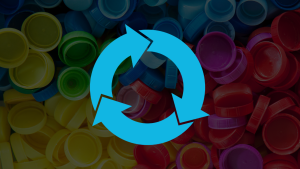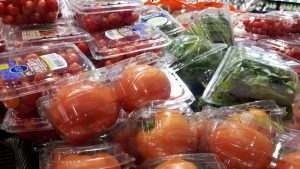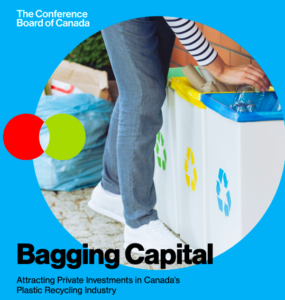The losing economics of recycling: Canada’s green industry is deep in the red
Part 2 of a three-part Global News series investigating Canada’s recycling industry.
At the Bluewater Recycling Association plant outside of London, Ont., an aluminum pop can is the most precious item they receive.
It’s worth more than paper. More than plastic. More than cardboard.
Selling these products is how recyclers make a profit — and aluminum is the moneymaker. Though it only makes up two per cent of everything that’s trucked into the Bluewater plant, the metal is worth 25 per cent of the company’s revenue.
And yet, even aluminum isn’t immune to an industry whose profits are plunging.
“Last year this time, we were selling it for about $1,900 a tonne,” said Bluewater Recycling Association president Francis Veilleux. “This year, it’s closer to $1,300 to $1,400 a tonne.”
After China stopped accepting much of the world’s recycling at the start of 2018, the market was flooded with product. The dwindling number of buyers who are left demand only the highest-quality material — and at a fraction of the cost.
Only two plants still accept Veilleux’s aluminum. Aluminum pie plates and cat food tins are no longer accepted. Just pop cans and beer cans.
In today’s bleak new recycling reality, the price of commodities — like paper, plastic and glass — has tanked.
Read the full story and watch the video at GlobalNews.ca
Infographics from Global News




